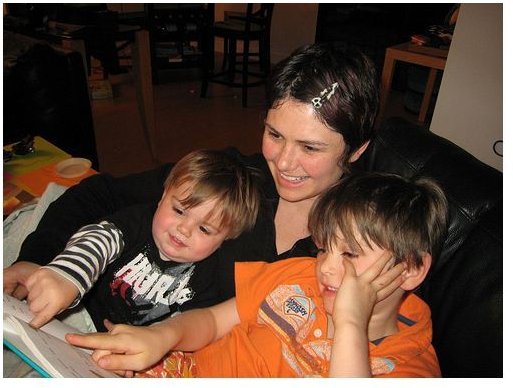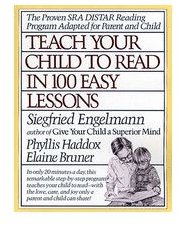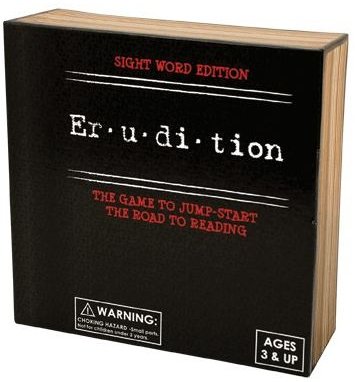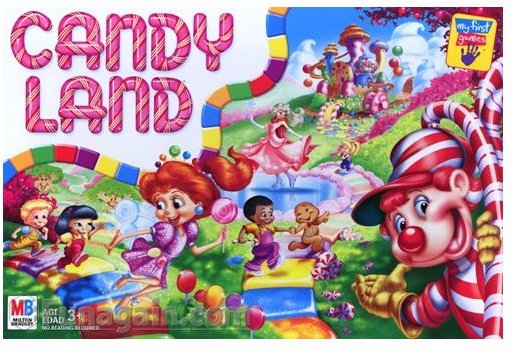Math & Reading Activity Ideas for Preschool Children During the Summer: Parents, Try These Ideas!
Math
An easy way to reinforce early math learning is through the use of preschool math games. There are a variety of commercially produced games available on the market today. Using games to demonstrate mathematical concepts works well because it provides the child with a concrete visual of just how the skill is utilized in their every-day life skills like counting, adding, subtracting, creating a fair share (dividing), telling time and pattern making.
Are you looking for an opportunity to practice some very basic addition and subtraction with your pre-k child? Story problems are a

great solution. By using materials you have around the house, your child can act out simple problems. For instance, at snack time you can give your child a cup containing Goldfish crackers. On their own or with your help, he or she can practice their counting skills by counting to find the exact number of crackers in the cup. (Remember to keep the numbers to the developmental level of your particular child.) For the purpose of this example, we will assume your child has 10 Goldfish crackers in the cup. You can pose the following questions:
“You told me you have 10 Goldfish crackers in your cup. If you eat two of the crackers, how many will you have left?”
Or,
“You told me you have 10 Goldfish crackers in your cup. If I give you two more, then how many crackers will you have in your cup?”
Your child can use the actual crackers to act out each of the scenarios and find solutions to the problems. If you want to take the learning a step further, you can then show your child what the corresponding number problem would look like for each. (10-2=8 and 10+2=12)
Another fun way to practice early math skills is through the many math games which can be found online. Sites like JumpStart, FunBrain and ABCya offer interactive games for different ability levels. As an added bonus, many of the games also offer a graduated level of play so that your child can continue to build on the skills they have developed.
Learning to Read

If you are looking to teach your child to read this summer, a terrific resource is the book Teach Your Child to Read in 100 Easy Lessons, by Siegfried Engelmann, Phyllis Haddox and Elaine Bruner. Here, parents or caregivers are given word-for-word scripts to use with children. The process of reading is broken down into 100 lessons, each lasting between 5 and 10 minutes. After approximately 20 sessions, children will begin reading entire paragraphs of text. Phonemic awareness is a large component of the program, and as an added bonus, comprehension questions are also included as part of the instruction. This way, you can be certain you child is understanding the text as well as reading it.

Once a Pre-K child begins reading, parents and caregivers will want to begin preparations for Kindergarten by working with the child to recognize the sight words typically expected for Kindergarten readiness. Sight words are words which frequently appear in everyday reading and writing. Many of these words, however, can not simply be sounded out phonetically. Therefore, repetition and practice are really the key to learning these lists of short words. The most commonly recognized lists of sight words are the Dolch List and Fry’s Instant Word List.

To help learn sight words, consider playing games designed for developing sight word skills. Once such game is Er-u-di-tion. Use this game to recognize letters, learn the letter sounds, and practice reading the basic sight words. A higher learning level component of the game is word definition, so even older brothers and sisters can play along with the pre-k child as they practice their spelling skills and word knowledge!
Whatever activities you choose, it is important to remember to keep summer learning fun. Your goal should be two-fold: to build and develop skills and instill in the child a love for learning. That is a gift which will bring a lifetime of joy and success!
Images courtesy of Flickr Creative Commons, Er-u-di-tion, Milton Bradly and Barnes & Noble
